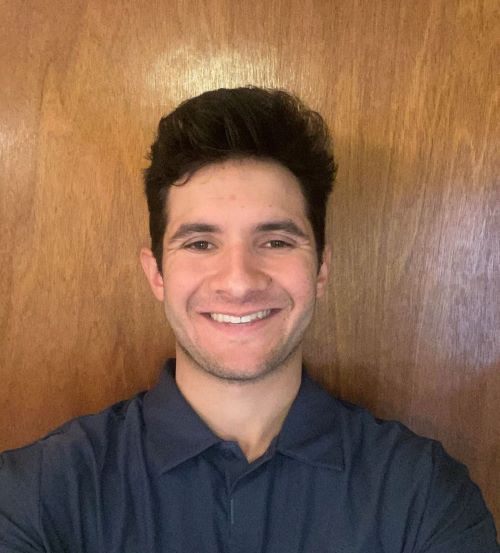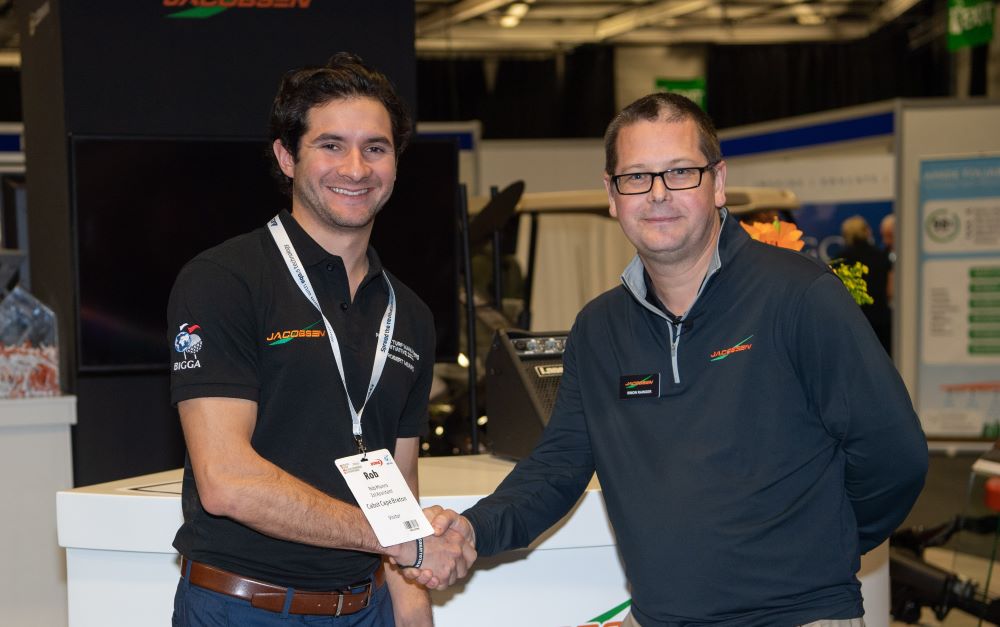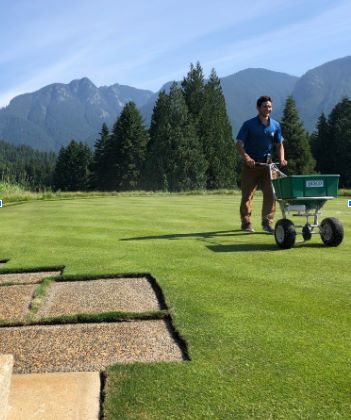- Homepage
- News and Features
- The importance of mentorship
The importance of mentorship
Robert Munro, assistant superintendent at Cabot Cape Breton, discusses the importance of mentorship in developing staff.
When considering any great accomplishment in history, from cultural milestones such as particularly moving pieces of art or music to landmark achievements like the first Everest summit, success is almost always attributed to a specific individual or group.

While it is true that these people have worked to earn their accolades, most credit their inspiration to a wider network of teachers, peers and allies.
When I think about these examples, I relate it back to our small turf industry, where our most successful leaders dedicate their success to a diverse list of personal mentors. These mentors have taught them the ins and outs of agronomy, team management and life as a superintendent or course manager, helping them accomplish great things in their careers.
As a new generation of turf managers moves into positions of responsibility, it is the task of current leaders to mentor and inspire the next wave of golf course superintendents who are only now taking their first few steps in the industry.
As turf managers, our talent is growing high quality turfgrass, but can high quality people be developed from the ground up as well?
An interesting question that I often see posted on Twitter is ‘what is the best piece of advice you have ever received?’ or something similar. Personally, the most valuable advice I’ve been given is to simply ask questions. I think this advice is something that so many people receive and fail to act upon (at least very well).
I received this lesson in a performance review when I was 17 after deciding that I wanted to pursue a career in golf course maintenance. The conversation followed a dialogue that heavily implied I was not showing that I cared enough about the career path I had supposedly chosen. It was suggested that if I couldn’t show that I was more interested than others on the team, then maybe I had made the wrong choice.
While this may not be how I would necessarily give this information to someone else, it was jarring enough of a moment to really make me go ‘all in’ on asking questions.
As I thought of them, I would add a question to a growing list of turf questions and at the end of the day I would ask a mentor for answers. Noting questions and asking them not only taught me about turf and answered my actual questions, but it also created a continuous dialogue between myself and my mentors about a variety of topics. This gave me an insight into my mentors’ own management philosophies and techniques and being able to compare the styles of others is something that has been an asset in my own leadership journey.

The questions you ask do not always need to be about turf, either. Our responsibilities as turfgrass professionals are so much more than just turf. One of my own personal goals has always been to travel and, while I do love what I do, I always had a thought at the back of my mind that travelling was impossible with this career path, especially in a year-round management role.
One of the best things I ever did in my own journey was discover that at a certain point, it is easy to become very comfortable in a particular situation and oftentimes personal growth can slow down in these comfy situations. A friend of mine gave me advice that I should change my mindset from ‘needing a good reason to make a big move’ to ‘needing a good reason NOT to make a big move’.
The best part about this advice is that our industry is one of the best to make these moves. Right now, there are entry level positions all the way through to management level roles available in almost any corner of the world.

This realisation has allowed me to travel to new places and expand my network of mentors, again increasing my own exposure to different leadership styles. This is especially relevant to younger members of the industry that are looking to grow their own careers. After all, ‘nothing will fast track learning like uncomfortable situations’.
While it may seem like a cliché, the most important thing I have learned in my relatively short career is that being anyone other than yourself is a quick way to lose respect as a leader. Being yourself can be difficult, however being a ‘robot’ is unsustainable to personal wellbeing. Representing yourself as a confident professional is vitally important to our profession, especially in golf, but equally as important is just being yourself.
As a new generation of turf managers starts to move up in the industry, it is essential that we continue to do our part in mentoring those who show passion for the job. In the turf industry, our most successful leaders attribute success to a diverse list of personal mentors that have taught them countless priceless lessons. Can you think of the seasonal team member who shows promise and could ultimately be a leader in our field? What is the best advice that you ever received from a mentor and can you pass that on? If vacant assistant superintendent openings are to be filled, our number one priority should be to show our most dependable team members that there are promising opportunities in our industry and that they are very attainable.
Our talent in growing high quality turfgrass is well known, but can high quality people be developed as well?
Continue the conversation: Rob is on Twitter at @Rob_Munro99
Author

